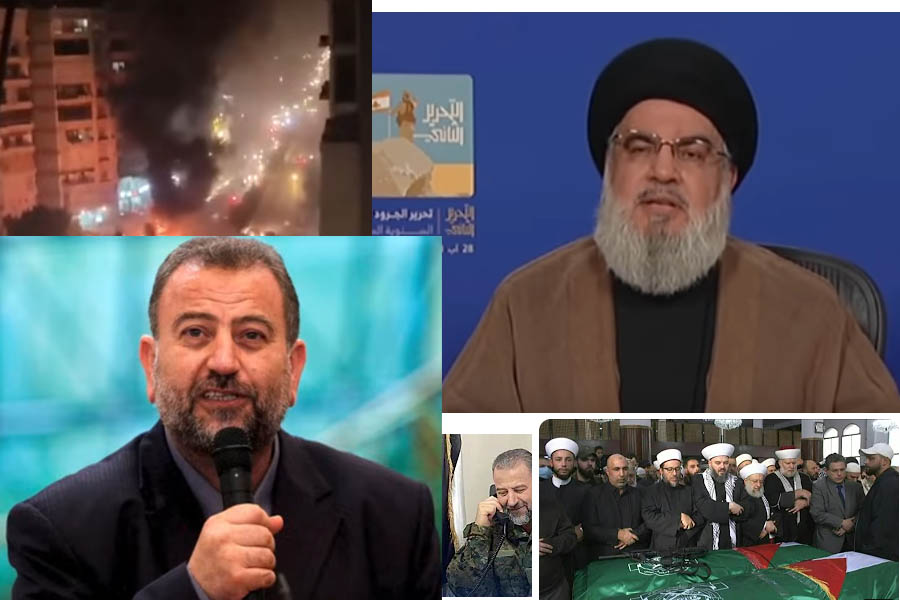
A fortnight ago, Sayyed Razi Mousavi existed as an enigma on the internet, leaving behind no digital footprint on search engines or in reports covering Iran's military activities and the broader Middle Eastern region. While maintaining a low profile online, Mousavi had played a crucial role in the heart of Syria, Damascus, for more than thirty years. During this time, he served as the chief aide to the now-deceased General Qassem Soleimani, who led the Iranian Quds Force.
Mousavi's role as a liaison with the Assad regime and Lebanon's Hezbollah during the brutal crackdown on dissenters since March 2011 had been an open secret. In 2021, he assumed the position of Iran's senior commander in Syria. However, his two-decade-long clandestine existence came to an abrupt end on Christmas Day when Israeli warplanes launched three missiles into Iran's main military compound in the Sayyed Zeynab area south of Damascus, killing Mousavi instantly.
In stark contrast to Mousavi's elusive profile, Saleh al-Arouri had long lived in the spotlight of conflict. As a founder of Hamas's military branch and deputy political leader of the Palestinian organization, al-Arouri played a prominent role in overseeing operations in the West Bank. Despite political pressures that led him to move from Qatar to Turkey and eventually to Lebanon, he remained visible, maintaining connections with Hezbollah and Iranian officials.
Al-Arouri's involvement in the planning of Hamas's mass killings in Israel on October 7, along with negotiations surrounding the exchange of Hamas-held hostages for women and children in Israeli prisons during the Gaza conflict, kept him at the forefront of regional conflicts. However, on January 2, an Israeli drone struck a building in Dahiyeh, the southern suburb of Beirut and Hezbollah's stronghold, claiming the lives of al-Arouri, two senior Hamas commanders, and several others.
Israel, known for its discreet military operations, rarely claims responsibility for such targeted assassinations. Over the years, the country has employed this strategy against various high-profile figures, including the 2004 assassination of Hamas's spiritual leader, Ahmed Yassin. Additionally, Israel has consistently targeted Iranian and Hezbollah positions, as well as Assad regime installations in Syria.
The recent eliminations of Mousavi and al-Arouri underscore Israel's commitment to disrupting and dismantling networks it perceives as threats. The covert nature of these operations also reflects the delicate geopolitical dance in the Middle East, where state and non-state actors vie for influence, often resorting to clandestine methods to achieve their objectives.
As the region continues to grapple with instability and shifting alliances, Israel's covert strikes serve as a stark reminder of the intricate web of power dynamics and the lengths to which nations are willing to go to protect their interests in the shadows of the Middle East.